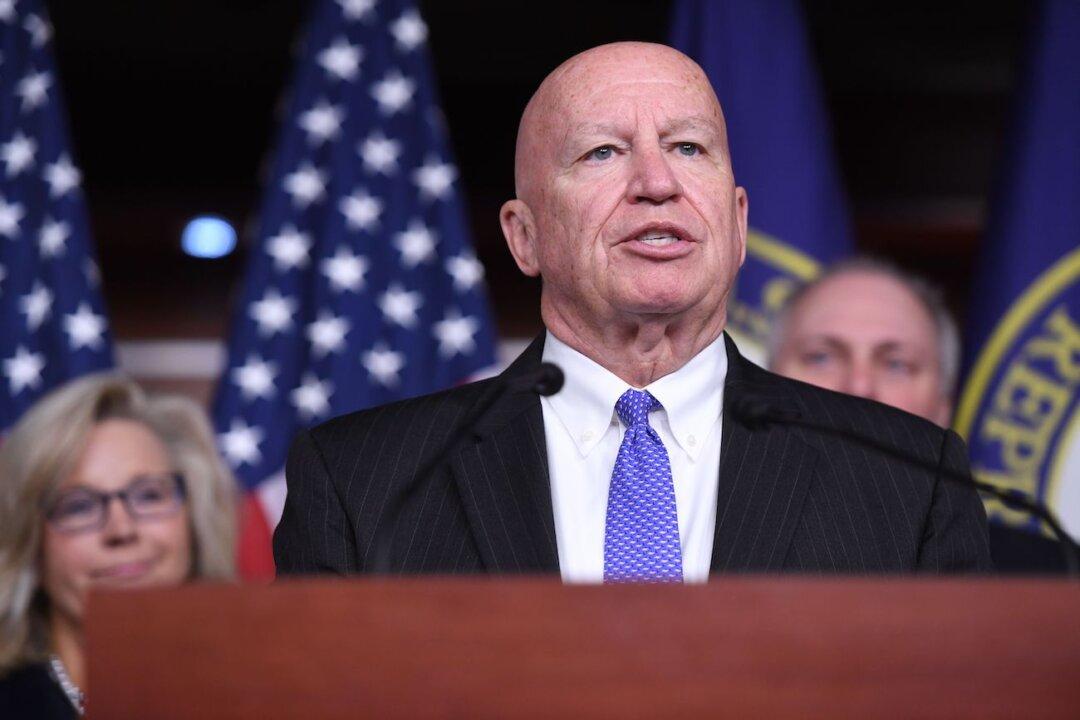Rep. Kevin Brady (R-Texas) said that while Democrats’ new infrastructure package contains funding for some core improvements, the social policies and corporate tax increases in it will undo any benefits the legislation will have for the economy.
“Infrastructure investment, smart ones, can help grow the economy over time. My point is the tax increases negate all of that,” Brady said on Tuesday during an early morning interview with CNBC’s “Squawk Box.”





